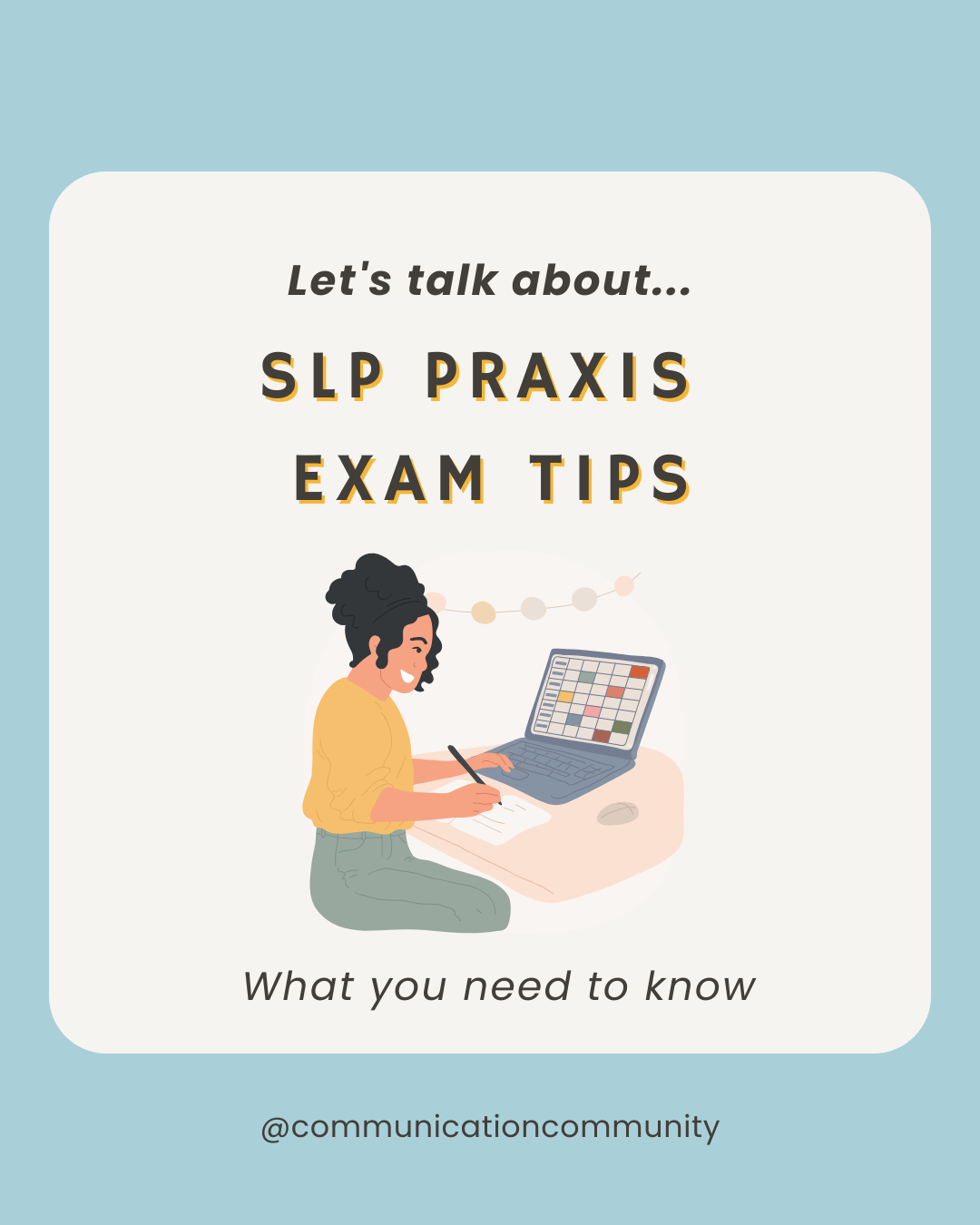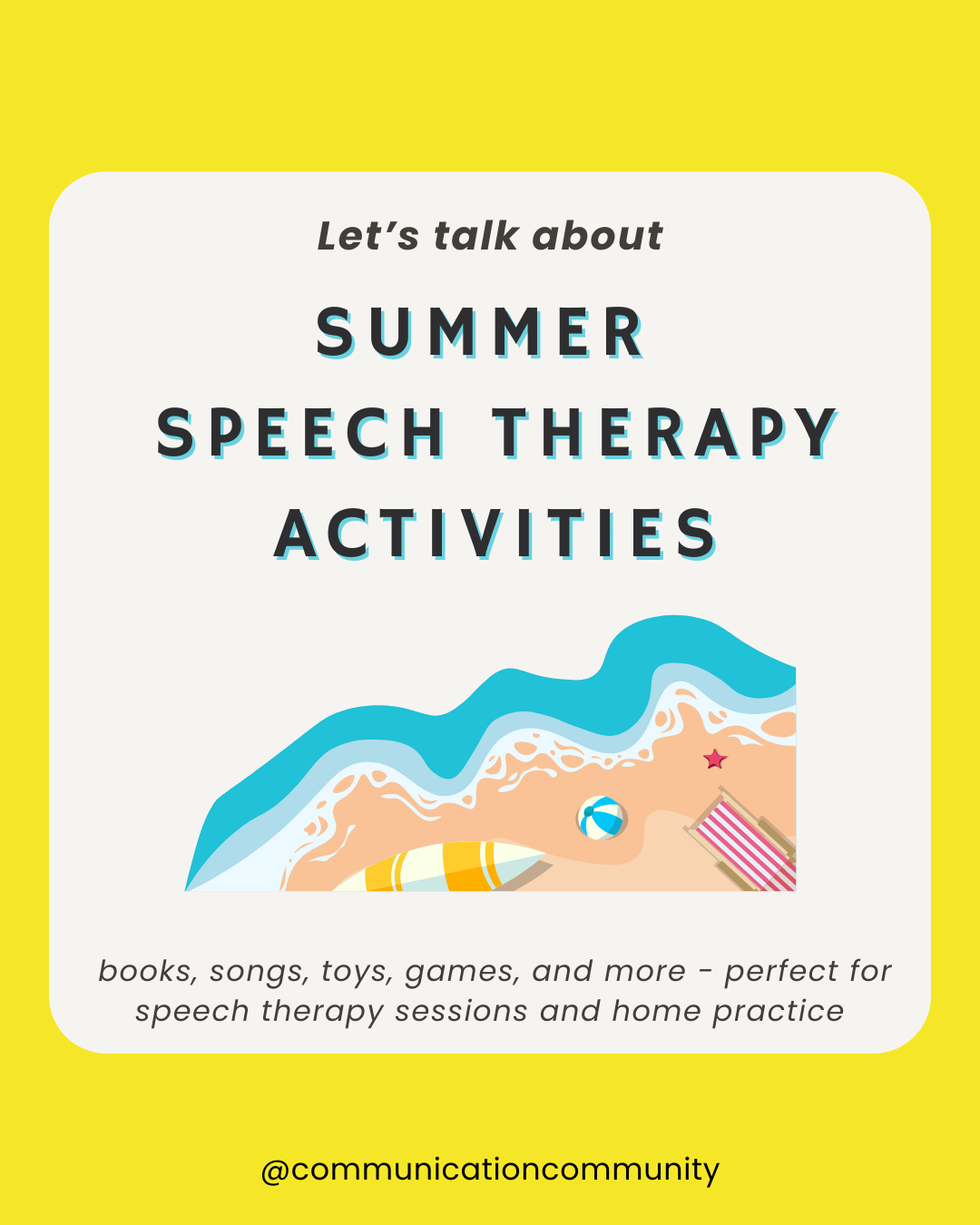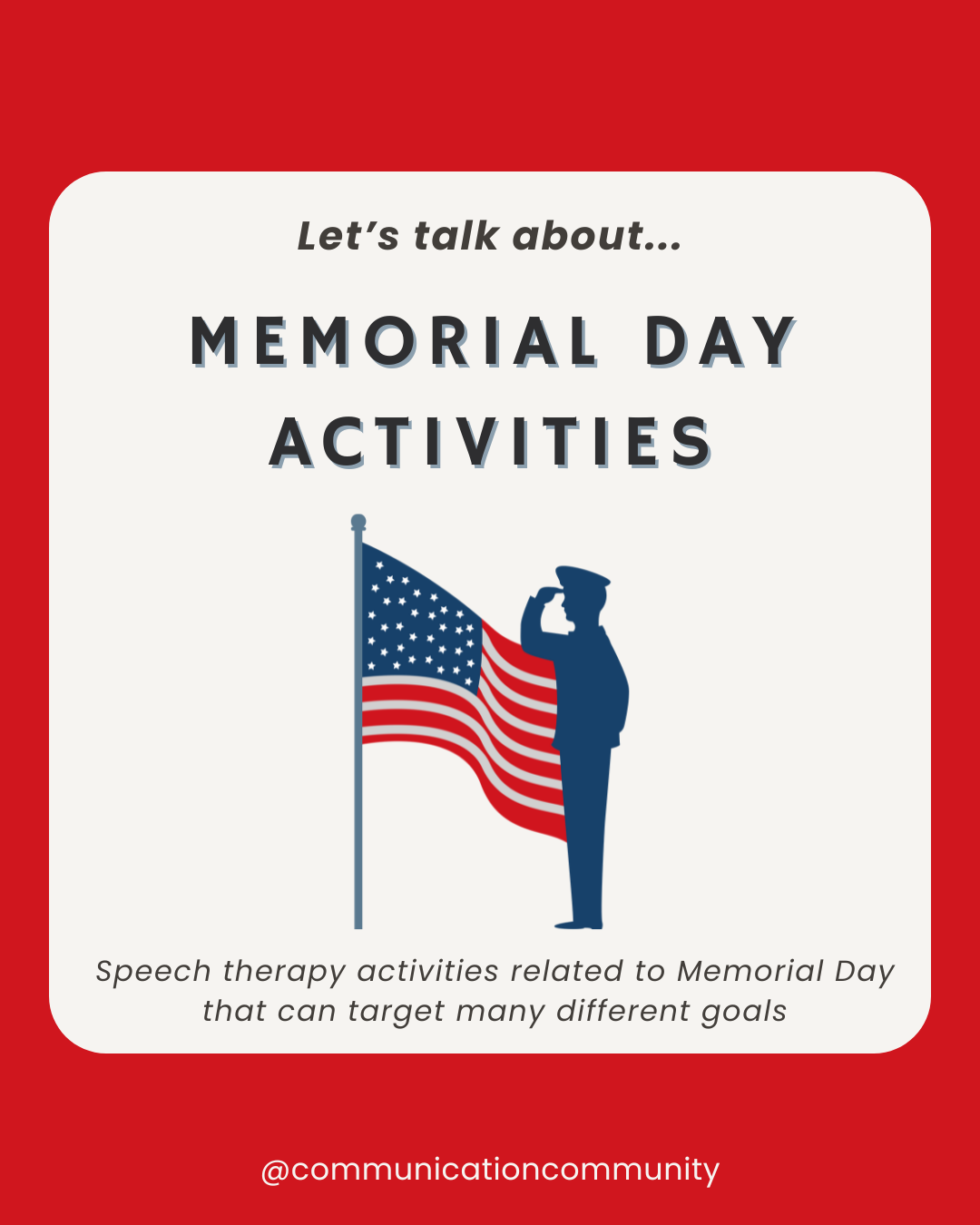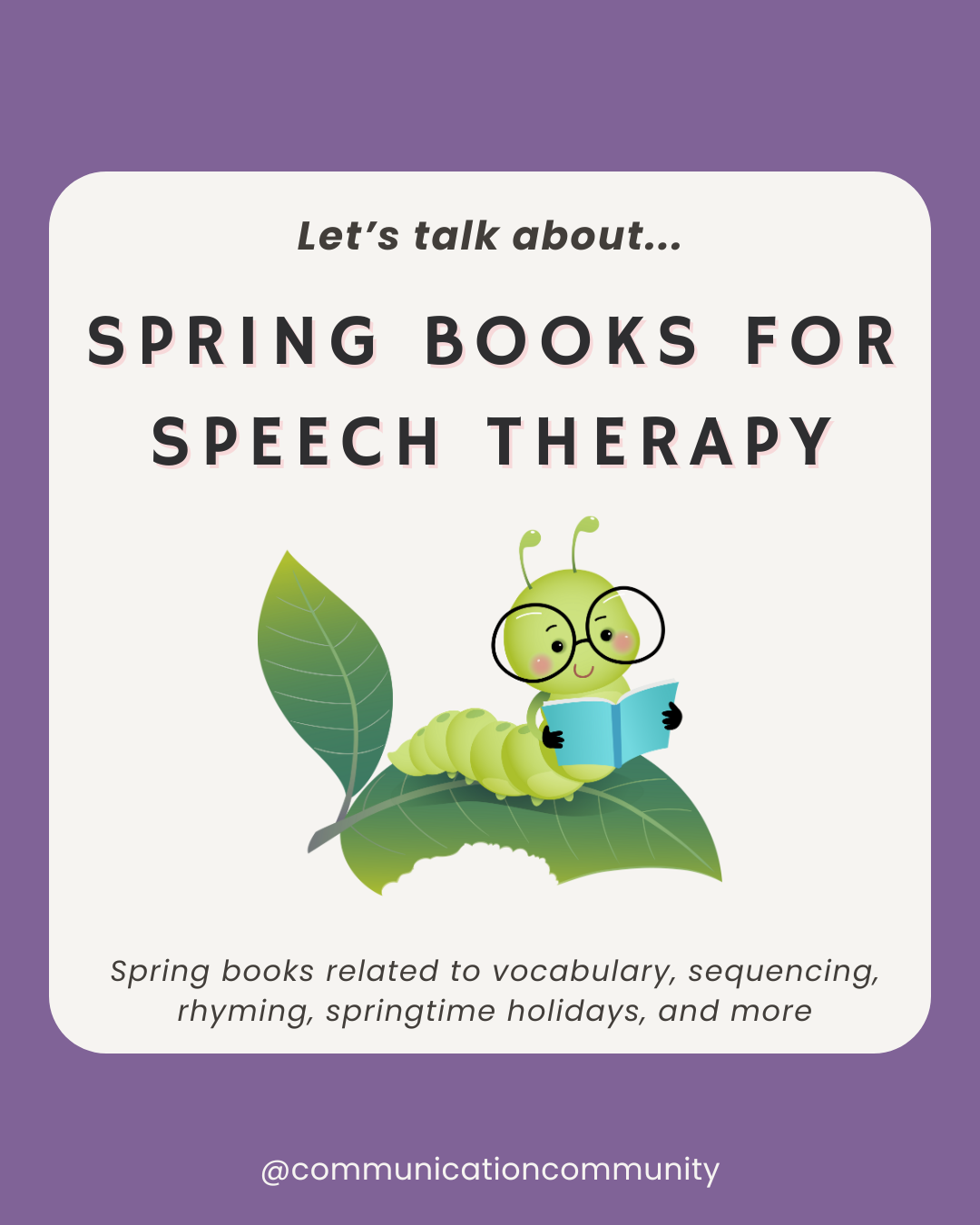An outline for what to expect before your child's IEP meeting:
It sounds like you will be attending your child/loved one's first Individualized Education Program (IEP) meeting. Sometimes, this meeting is also called an IEP Eligibility Meeting, which is initially called to determine if a child is "eligible" to have an IEP and receive related-services. If deemed eligible, oftentimes this meeting turns into the actual first IEP meeting - so we will discuss the two in tandem.
Prior to the IEP...
Involvement with your child’s school may have included numerous parent-teacher conferences, calls from the school psychologist/classroom teacher, or maybe you have just discovered your child has not met the requirements to pass their state’s standardized assessment. You may feel very prepared for this moment or maybe you have no idea what to expect. The case for each child is different and familiarizing yourself with the structure and general content of an IEP meeting will place you one step ahead.
You may be surrounded by the most qualified and compassionate individuals, but no one will understand your child like you do. Don't be afraid to pause, ask questions, and comment when you feel like there is an area that requires more of an explanation.
As a parent or caregiver, you may feel lost, confused or overwhelmed trying to figure out the clinical/education jargon, who will be at the meeting, what you need to bring, and what the structure of the meeting will be. You may be surrounded by the most qualified and compassionate individuals, but no one will understand your child like you do. Don't be afraid to pause, ask questions, and comment when you feel like there is an area that requires more of an explanation. Continue reading for some explanations that will hopefully ease some of your concerns and answer some of your questions. We are here to help!

IEP Lingo
The clinical/education lingo starts with the title of the meeting - so lucky you, you get to jump right in! Below are some commonly used terms and acronyms that you might hear or read during your IEP meeting:
IEP: Individualized Education Program
PLOP: Present Level of Performance
RTI: Response to Intervention
AAC: Augmentative and Alternative Communication
AT: Assistive Technology
SpED: Special Education
SLP: Speech-Language Pathologist
OT: Occupational Therapist
PT: Physical Therapist
BCBA: Board Certified Behavioral Analyst
E.g.: for example
I.e.: in other words
Who Will Be in the IEP Meeting?
Whether this is your first rodeo or you are seeking knowledge in the anticipation that your child may be a candidate for an IEP, we hope this can serve you well and relieve some stress surrounding a board meeting consisting of all of your child’s educators. We have attended dozens of these meetings, and oftentimes, the educators can be just as nervous to speak with you as you are to speak with them.
It may also be helpful to know that this assembly of individuals is called, “The Team” or “[Child’s name] Team,” and they will often refer to one another as such. You are a part of the team too! Depending on the circumstance and level of understanding, your child may also attend their IEP meeting. Additionally, if there was a skilled provider who had completed an evaluation with your child (e.g., reading specialist), then they would be in attendance to present that information. If you are curious as to who your other team members may be, the most common are below*:
- Parent/legal guardian(s) -- YOU
- Your child (if appropriate)
- Classroom teacher
- Special education teacher/provider
- School district representative
- School/district psychologist
*It should be noted that if your child’s services change over the course of time, this group of individuals could change too. Some additional providers often include speech-language pathologists, occupational therapists, behavioral therapists, and/or physical therapists.
What Should I Bring to an IEP Meeting?
Start small. No need to pack a briefcase full of your child’s entire medical and academic history.

Some parents might find it helpful to bring copies of their child’s work or past report cards to highlight any areas they would like to see worked on in the future. Perhaps your child has received an outside service and you would like to share an evaluation and/or service recommendation. Here are some items that have shown to be most helpful:
Folder: It is likely that you will be given copies of forms and additional paperwork. You will thank yourself later that you kept your things in order. Seasoned parents tend to have a binder. Start small and work your way there if needed!
Notepad and pen: You will listen to numerous people speak, who may also throw out quite a bit of information. This is to help to keep your thoughts and questions in order.
List of questions: Have a few areas you are unclear about? Confused why occupational therapy is recommended (or what it is for that matter)? You are entitled to ask!
Relevant documents: This bullet is not to be vague - really think about it! If you are concerned about your child’s speech and the primary focus is to address his needs with speech therapy, bring the relevant information to address your case (e.g., outside report from a private therapist).
If you do forget to provide an essential piece of information, no worries. Everyone will sleep at night and you can scan it in the morning.
What is the IEP Meeting Structure?
IEP meetings are usually held in a conference or meeting room within your child’s school. As previously mentioned, we have been present for many IEP meetings, and in multiple states for that matter. We only mention this because each structure we have experienced has been VERY different dependent on the district, state, and school. Each state generally maintains the same IEP format and structure across districts; however, it can vary state-by-state. Overall, the content (which is the most important part) remains the same and is designed to address the same needs and concerns, wherever you and your family may be located. It can be a lengthy meeting, and usually ranges between 1.5 to 3 hours. The general structure is as follows:
Introduction of team members: Pretty much what is sounds like. At the very beginning of the meeting, each individual will usually go around and introduce themselves and their professional role and relation to your child.
Present level of performance (PLOP): Each team member usually has something to contribute here. Teachers and service providers will take turns summarizing and commenting on your child’s relevant skills and areas of concern. You have the opportunity to ask questions following these synopses.
Annual goals: This is when each of the teachers and service providers will propose and/or collaboratively develop goals to address your child’s areas of need. These goals should be clear and understood. They should also be measurable. As clinicians, we cannot stress this enough! Measurable goals keep everyone accountable. They also ensure that when it is time to review that same goal a year from now, there is data to reflect if progress has/has not been made. Read more about (speech therapy) specific goals here!
Review of services & accommodations: The type of service and duration of each service should be reviewed in detail. For an initial IEP meeting, this is when recommended services are proposed (e.g., reading support; occupational therapy), as well as service delivery (aka how treatment will be delivered; e.g., individually/group). Types of accomodations are also discussed. This may include receiving extended time for formal testing or having access to an adapted writing utencil when completing work.
Accept/deny IEP: This is usually at the conclusion of the meeting, when each team member is providing their last remarks. Also a moment where you, the school, or the district can comment if services are (in)adequate and/or (in)appropriate. Some states may ask you to sign the IEP as well to solidify your agreement.
Check out some of our other posts about speech and language evaluations and interpreting the evaluation reports for additional information as well!
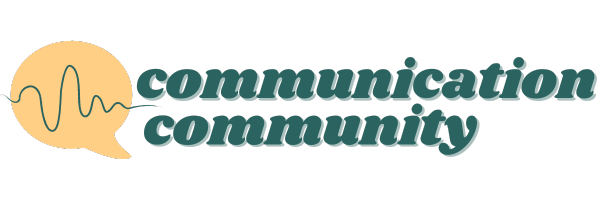
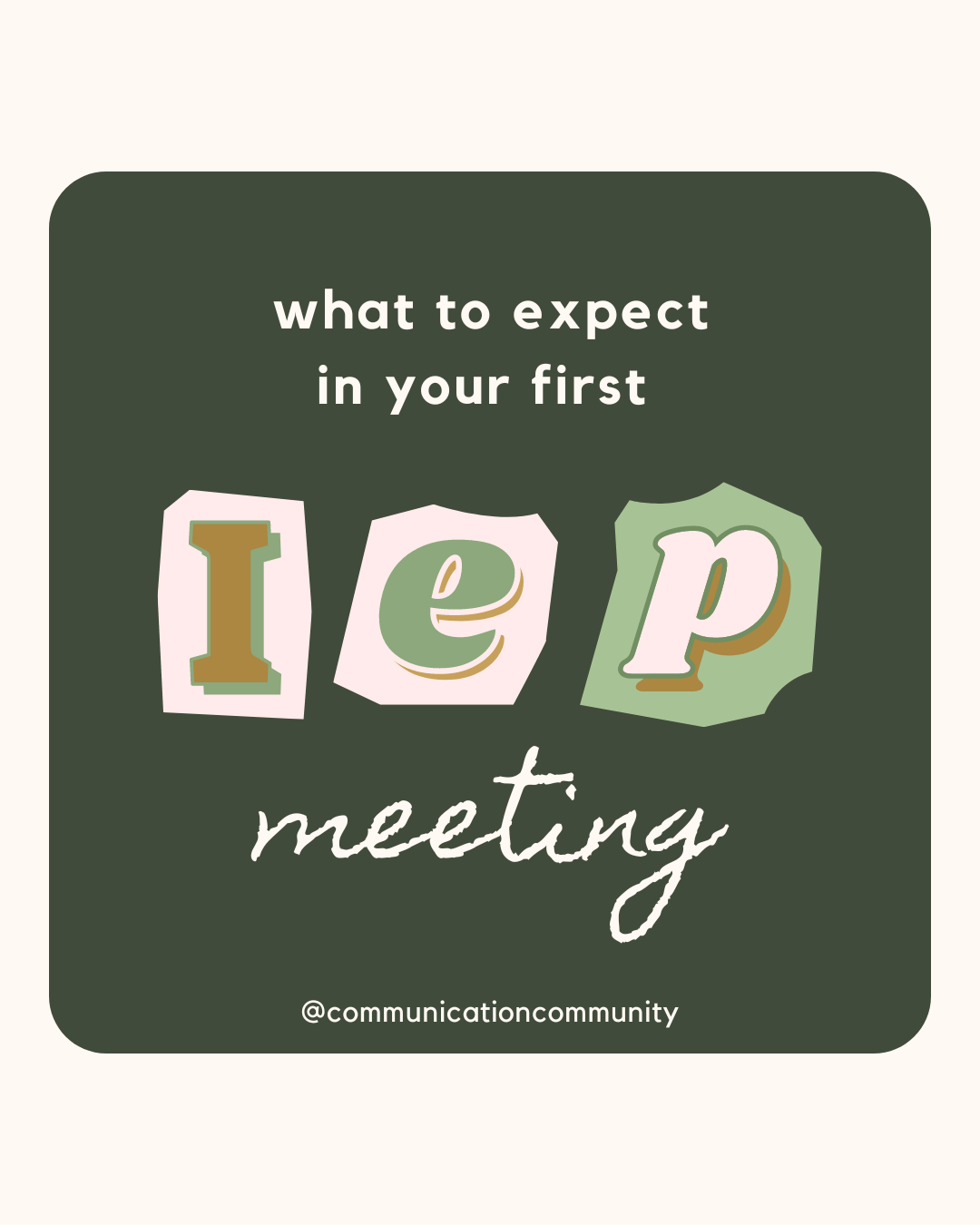
![How to Write Apraxia Goals [with goal bank]](https://www.communicationcommunity.com/content/images/2024/07/Apraxia-Goals--1-.png)
